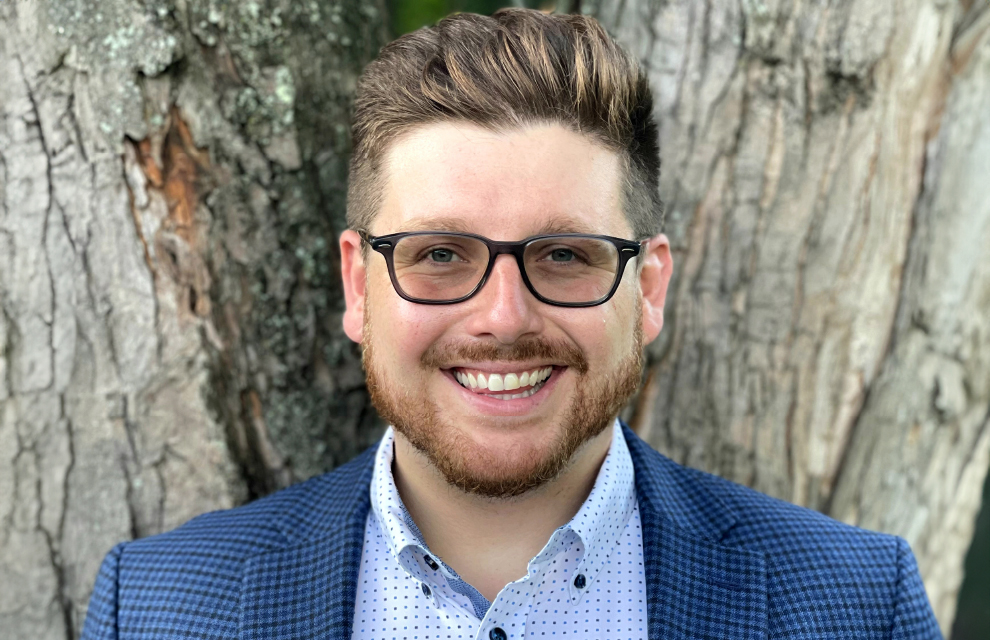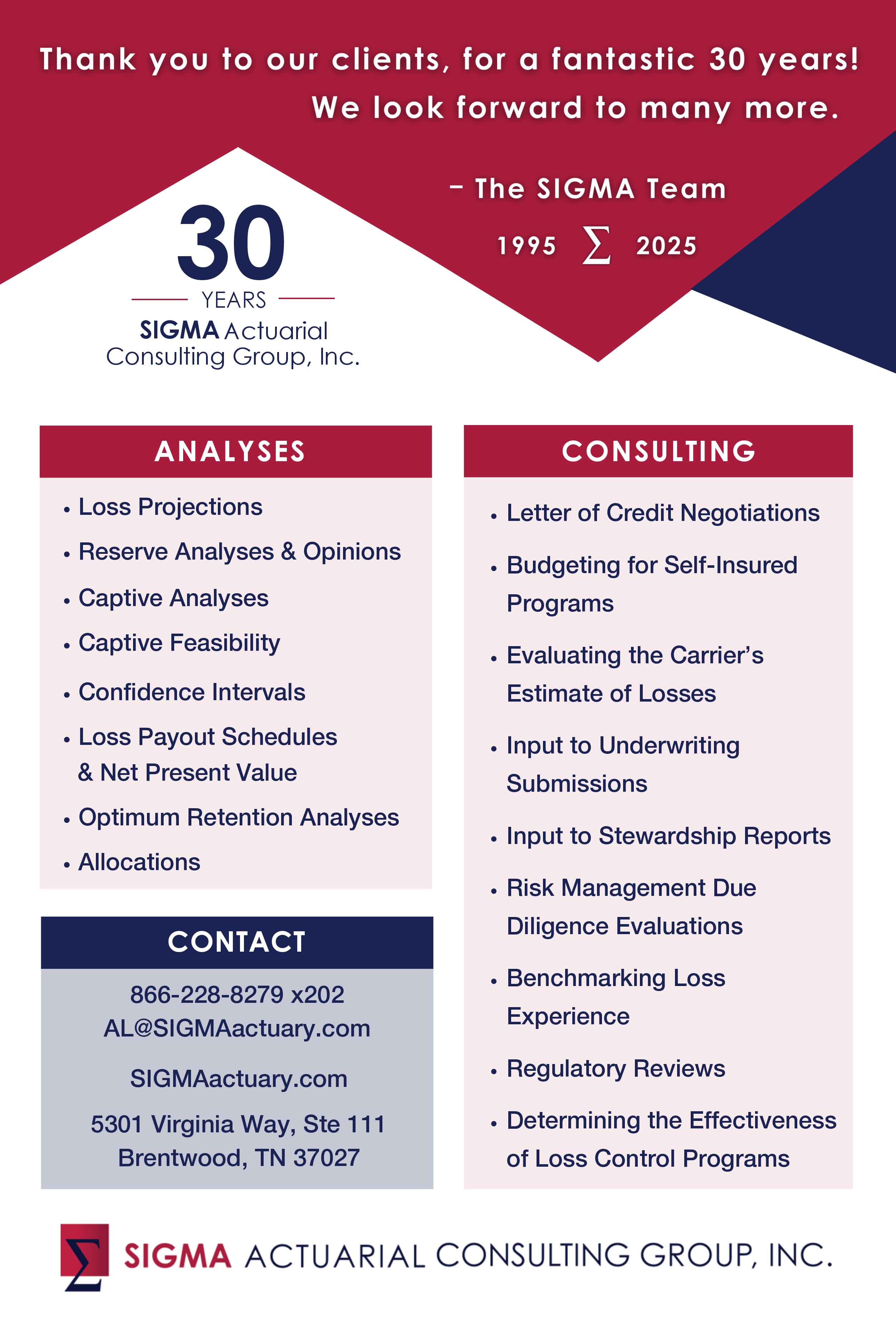NFP Risk & Insurance Strategy Collective
Emerging talent Eric Funk talks to Frances Jones about his experience serving at NFP RISC and his future aspirations working in the captive industry
How has your previous experience prepared you for your current role in captives?
I’ve been in the captive industry for six years now. I started at Aon, spending five years there as account manager before being promoted to senior account manager. I’ve now been with NFP Risk & Insurance Strategy Collective (RISC) as a senior captive account manager for eighteen months.
I dived headfirst into the captive insurance industry straight from college. I have learned a lot working on different company accounts. Working at NFP RISC has given me client-facing experience and improved my financial knowledge — building both soft and technical skills. Before working in the captive industry, I worked in banking, where I gained financial experience.
How did you end up in the captive industry?
In my sophomore junior year of college, Diane Hanson from Aon came to our class and gave a presentation about captive insurance. Most of us had never heard of it before. However, what I heard I found really interesting.
It presented a new alternative to auditing. Hanson said you get to work with clients, including Fortune 100 companies, which caught my attention.
A year and a half later, she reached out to my professor and asked if he could recommend any candidates or any students that might be a good fit for a role Aon had available.
My professor passed my name along. I interviewed and subsequently secured the role. Before college even finished I had a great job lined up.
From your experience, what would you say are the key benefits of working in captives?
The best part is interacting with people you probably would never get to meet otherwise. Early on, you can benefit from connecting with high-level professionals and learning from their expertise. This is where the captive industry differs from other industries.
Captive conferences and the size of the industry are other key benefits. The industry, although sizable, is relatively small compared to the wider insurance industry.
The size of the community tends to make people feel like they’re part of something. You quickly start to recognise faces, everyone’s friendly. At conferences, you often re-connect with the same people and we all enjoy spending time with each other.
A final benefit is flexible hours — particularly when compared to auditing. You often have the ability to work from home and can take time off when you need it, especially in the summer.
Who has influenced you in the captive industry?
While I worked at Aon, a senior account executive Becki Minoli took me under her wing. She’s now retired, but we have remained friends. She became a mentor to me and taught me a lot — helping me grow and cultivate as a person, as well as a captive professional. It was invaluable having that one person to go to. She is extremely smart and provided me with opportunities from the get-go.
Captives’ small supportive community helps to drive me because I feel like I’m working with friends.
This includes my relationship with service providers, clients and a wide array of other people in the industry; they provide a combination of mentorship and collective influence. This is also why I love living in Vermont because it’s a small state that’s home to a big, friendly hub of captive industry participants.
What are your aspirations for your future career in the captive industry?
I’m trying to continue down the path that I have already started to forge. I’ll continue to challenge myself by addressing more complex risk solutions, as well as being more outward-facing in the industry itself.
My ultimate goal is to experience similar levels of success to my company’s managing directors Tracy Stopford and Kara Tencellent, who started the practice a few years ago. They have set up a practice that actively encourages career growth, client excellence and a community that makes everyone feel like they belong.
What advice do you have for someone considering a role in the captive industry?
My advice is to go for it. Just try it out. You will quickly realise captives is a multifaceted industry and if you’re interested in a particular area there will be ample avenues for you to travel down.
There’s a lot of scope for trying new things. If you want something dynamic, fun and challenging then this industry is for you. Go into a role with an open mind.
Each day is probably going to be a little different from the last, but that’s exciting and keeps me engaged.
Personal biography
With a captive career spanning more than six years, Eric has worked on a multitude of company accounts, including 50 state risk retention groups, small and large pure captives, cell captives and the traditional.
He is an accountant by trade but also has a minor in Spanish. Eric is originally from Maine but currently lives in Vermont.





